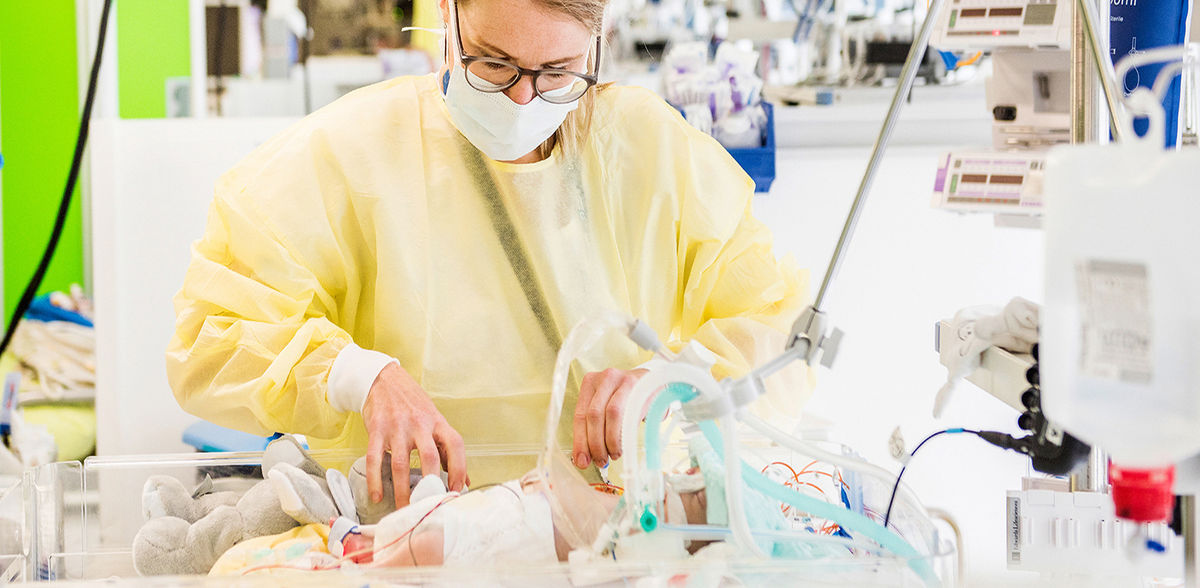Sepsis in Children: Improved Diagnosis Thanks to New Global Criteria
Researchers applied machine-learning methods to extrapolate from the data analysis evidence-based criteria for diagnosing
Advertisement
Diagnosis of sepsis in children has been improved based on new research findings. An international research team co-led by the University Children’s Hospital Zurich harnessed artificial intelligence to analyze data from over 3.5 million children suffering from this life-threatening disease.
Sepsis is a life-threatening infection that can lead to organ failure. Every year, around 3 million children worldwide die of the disease. Of those who survive a sepsis infection, every third child suffers long-term consequences, sometimes severe. Until now, there were no evidence-based criteria for diagnosing sepsis in children.
In a big-data project spanning several years, an international task force analyzed data from over 3.5 million children suffering from sepsis. The researchers applied machine-learning methods to extrapolate from the data analysis evidence-based criteria for diagnosing sepsis in children. They used their findings to develop a novel scoring system, called the Phoenix Sepsis Score. The scoring system enables physicians to quickly and reliably determine the severity of organ failure in children with sepsis.
Global relevance
“These findings are hugely significant. For the first time, we have standardized and evidence-based criteria that can be used to improve the early detection of this serious disease in the future,” says Prof. Dr. med. Luregn Schlapbach. Schlapbach, who led the study together with Prof. Scott Watson of the Seattle Children’s Hospital, USA, is professor of pediatric intensive care medicine at the University of Zurich and senior physician in intensive care medicine at the University Children’s Hospital Zurich.
The big-data project included data from developing countries in South America, Africa and Asia – a first for a sepsis study of this kind. This means the new criteria are equally suitable for small and large hospitals in different types of healthcare systems anywhere in the world.





















































